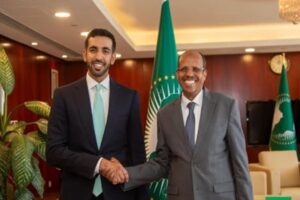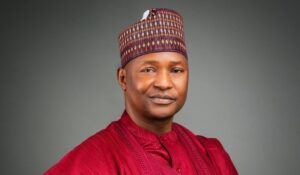
The World Bank and the Government of Tunisia have signed a US$430 million financing agreement to modernize the country’s electricity sector through the Tunisia Energy Reliability, Efficiency, and Governance Improvement Program (TEREG). The five-year program, which includes US$30 million in concessional financing, aims to deliver a sustainable, reliable, and affordable electricity supply while accelerating Tunisia’s renewable energy transition.
Aligned with Tunisia’s updated Energy Transition Strategy, TEREG will strengthen the performance of the national electricity utility, STEG, attract private investment, and reduce the carbon intensity of power generation. The program also supports reforms to boost renewable energy deployment, enhance energy efficiency, and modernize sector governance.
“By fostering renewable energy development, TEREG will strengthen Tunisia’s position in clean energy, create economic opportunities, and ensure long-term energy security,” said Alexandre Arrobbio, World Bank Country Manager for Tunisia.
Read Also: Google, World Bank partner to develop AI infrastructure for emerging markets
The initiative is expected to mobilize US$2.8 billion in private investment, adding 2.8 gigawatts of solar and wind capacity by 2028, and creating over 30,000 jobs during the construction phase. TEREG also aims to reduce electricity supply costs by 23%, improve STEG’s cost recovery from 60% to 80%, and cut subsidies by TND 2.045 billion.
“This is the first project benefiting from the World Bank’s Framework for Financial Incentives, recognizing its long-term impact on reducing greenhouse gas emissions,” said Amira Klibi, Senior Energy Specialist at the World Bank and Task Team Leader. She noted that reforms such as reducing technical and commercial losses and increasing the share of renewables will improve the operational and financial performance of Tunisia’s electricity sector, making energy more affordable and reliable for households and businesses.
TEREG builds on ongoing initiatives such as the Tunisia-Italy Electricity Integration Project (ELMED), the Energy Sector Improvement Project, and advisory support from the International Finance Corporation (IFC) and the Multilateral Investment Guarantee Agency (MIGA), reinforcing Tunisia’s commitment to the Paris Agreement and its long-term energy transformation goals.








